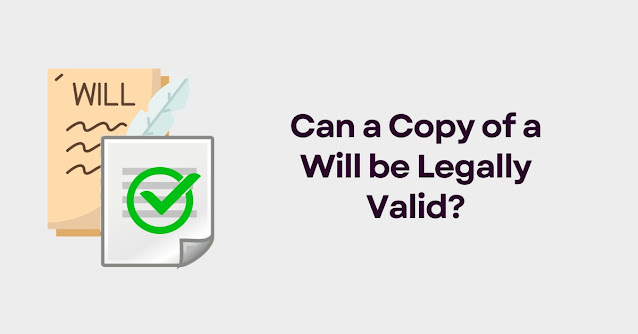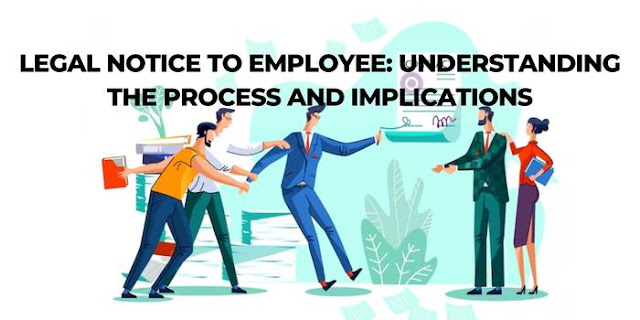Can a Copy of a Will be Legally Valid?
Creating a will is a crucial step in ensuring the orderly distribution of one's assets after death. However, what happens if a copy of the will surfaces instead of the original? Can a copy be legally proved and recognized? In this blog post, we'll delve into the legal intricacies surrounding the validity of a copied will.
Understanding the Basics:
Original Will vs. Copy:
The legal system typically recognizes the original will as the primary document. Copies may raise questions about authenticity and the testator's true intentions.
Keep the original will in a safe place, such as with a lawyer or in a secure location at home, to avoid complications.
Probate Process:
Probate is the legal process through which a will is validated and assets are distributed. A copy of a will may undergo a more rigorous scrutiny during probate.
The probate court seeks to ensure the authenticity of the document and the mental capacity of the deceased when creating the will.
Burden of Proof:
Proving the validity of a copied will can be challenging. The burden of proof often falls on the party presenting the copy.
Courts may require additional evidence, such as witness testimony or expert analysis, to establish the authenticity of the copied will.
Legal Requirements for a Valid Copied Will:
Clear Intent:
The language in the copied will must clearly express the testator's intentions. Ambiguities or discrepancies may cast doubt on its validity.
Witness Signatures:
Witnesses play a crucial role in validating a will. Ensure that the copied will includes the necessary witness signatures, as their testimony may be vital in establishing authenticity.
Notarization:
Some jurisdictions require wills to be notarized. A copied will with proper notarization may have a higher chance of being accepted in court.
Circumstantial Evidence:
Compile circumstantial evidence that supports the authenticity of the copied will. This could include the testator's mental state at the time of writing, the consistency of the document with their values, and any external factors corroborating its legitimacy.
Challenges and Considerations:
Contesting the Will:
Heirs or beneficiaries dissatisfied with the contents of a will may contest its validity. A copied will is more susceptible to legal challenges, necessitating a thorough and convincing case.
Forgery Concerns:
Copies may raise suspicions of forgery, especially if there are conflicting versions of the will. It becomes essential to prove the absence of foul play and demonstrate the document's authenticity.
State Laws and Jurisdictions:
Laws regarding the acceptance of copied wills vary between states and countries. Familiarize yourself with the specific requirements in your jurisdiction to navigate the legal landscape effectively.
Conclusion:
While a copied will can be accepted under certain circumstances, it faces higher scrutiny during the probate process. To ensure a smoother transition of assets and minimize the risk of legal disputes, it is advisable to keep the original will in a secure location. If a copy must be used, taking preemptive measures, such as notarization and securing witness signatures, can enhance its chances of being legally recognized. Ultimately, consulting with a legal professional to navigate the complexities of will validation is a prudent step in safeguarding one's final wishes.

.jpg)

